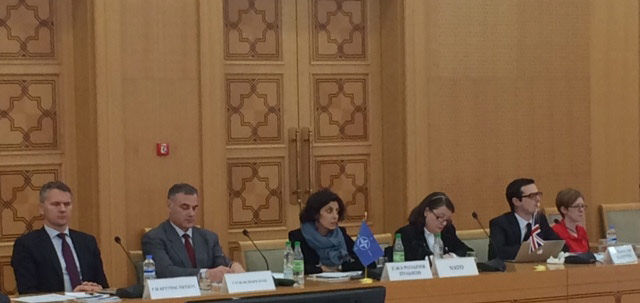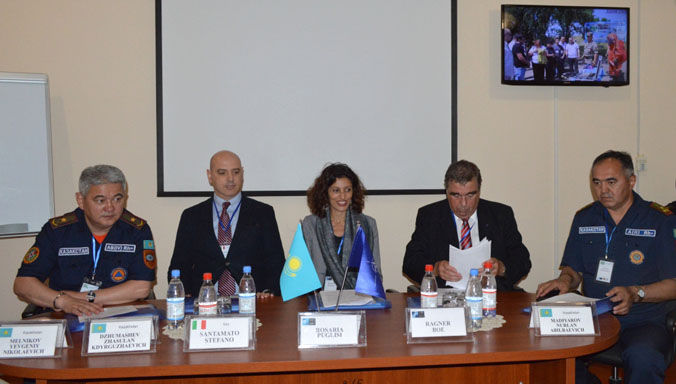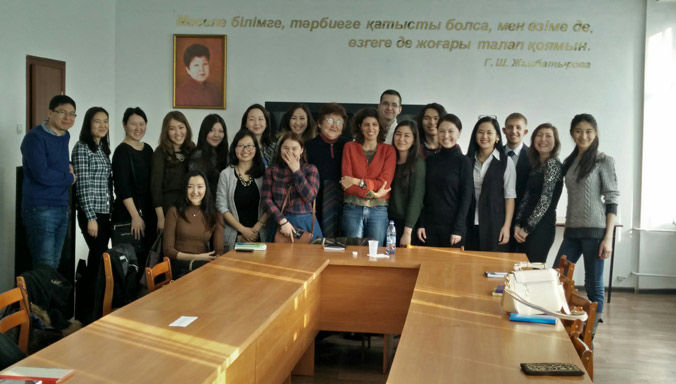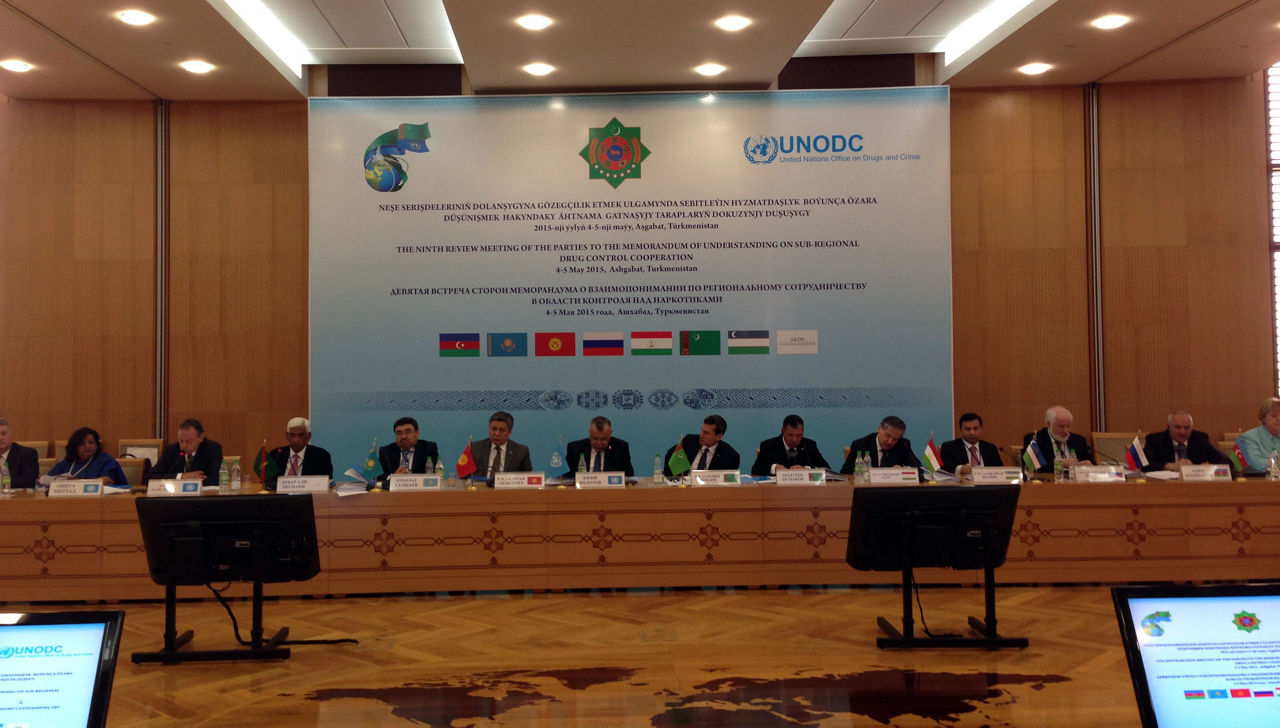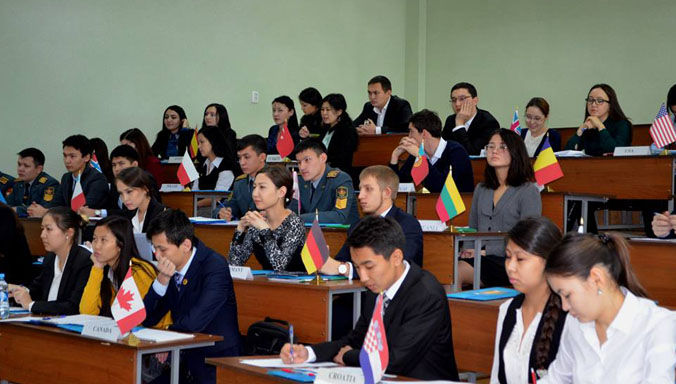Download NATO’s broadcast-quality video content free of charge

Log in
NATO MULTIMEDIA ACCOUNT
Access NATO’s broadcast-quality video content free of charge

Check your inbox and enter verification code
You have successfully created your account
From now on you can download videos from our website
Subscribe to our newsletter
If you would also like to subscribe to the newsletter and receive our latest updates, click on the button below.
Enter the email address you registered with and we will send you a code to reset your password.
Didn't receive a code? Send new Code
The password must be at least 12 characters long, no spaces, include upper/lowercase letters, numbers and symbols.
Your password has been updated
Click the button to return to the page you were on and log in with your new password.
Relations with Kazakhstan
Updated: 09 December 2025
NATO and Kazakhstan actively cooperate on democratic, institutional and defence reforms, and have developed practical cooperation in many other areas.
- Relations with Kazakhstan started in 1992, when the country joined the North Atlantic Cooperation Council. This cooperative framework was succeeded in 1997 by the Euro-Atlantic Partnership Council - a multilateral forum for dialogue between Allies and partner countries in the Euro-Atlantic area.
- Practical cooperation began when Kazakhstan joined the Partnership for Peace (PfP) programme in 1994.
- NATO’s cooperation with Kazakhstan is guided by an Individually Tailored Partnership Programme (ITPP). This framework document lays out all aspects of NATO's collaboration with Kazakhstan, highlighting the main objectives that are of mutual interest to both parties.
- The NATO Secretary General's Special Representative for the Caucasus and Central Asia conducts high-level political dialogue with Kazakhstan’s authorities through visits to the country.
Key areas of cooperation
Kazakhstan’s cooperation with NATO is mutually beneficial and includes:
Building capabilities and interoperability
- Kazakhstan’s participation in the Planning and Review Process since 2002 has helped develop the interoperability between elements of its armed forces and those of NATO Allies. Joint work continues on the further development of a peacekeeping regiment to work alongside NATO Allies.
- Kazakhstan plays an active role in both hosting and participating in PfP training and exercises. Since 2006, in cooperation with NATO Allies and regional partners, Kazakhstan has hosted several military exercises in the “Steppe Eagle” series.
- Kazakhstan’s PfP Training Centre (KAZCENT) was accredited by NATO as a Partnership Training and Education Centre in December 2010. KAZCENT offers annual courses open to Allies and partner countries on military English and NATO staff procedures, and a familiarisation course on the history, economy and culture of Central Asia and Afghanistan. Moreover, two United Nations courses were certified in 2018.
- NATO’s Defence Education Enhancement Programme (DEEP) began working in Kazakhstan in 2007 with the Kazakhstan National Defence University, helping ensure that programmes and methodologies meet international standards. Cooperation was later expanded to include KAZCENT, the Non-Commissioned Officer Training Centre and the Army Defence Institute. DEEP programmes in support of KAZCENT and the Army Defence Institute have successfully concluded, while support for the National Defence University and the Non-Commissioned Officer Training Centre remains ongoing.
- Kazakhstan is working to enhance the interoperability of its armed forces with NATO as part of its Individually Tailored Partnership Programme (ITPP).
Wider cooperation
- Kazakhstan is enhancing its national civil preparedness and disaster management capabilities in cooperation with NATO, and through participation in activities organised by the Euro-Atlantic Disaster Response Coordination Centre (EADRCC). Kazakhstan participated in five consequence management field exercises (2003-2012) and the country hosted the EADRCC’s “ZHETSYU” exercise near Almaty in 2009. Kazakhstan also offered assistance to Allies and partner countries affected by natural and man-made disasters, following eight urgent EADRCC requests for international assistance.
- Kazakhstan has been actively engaged within the framework of the NATO Science for Peace and Security (SPS) Programme since 1993. A leading area for cooperation is the defence against chemical, biological, radiological and nuclear agents.
- Increasing public awareness of NATO and the benefits of its relations with Kazakhstan is also an important area of cooperation.


